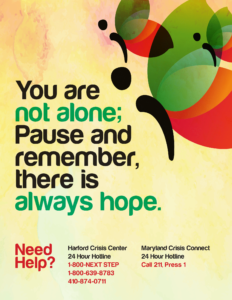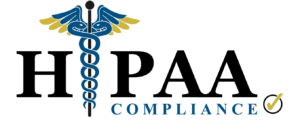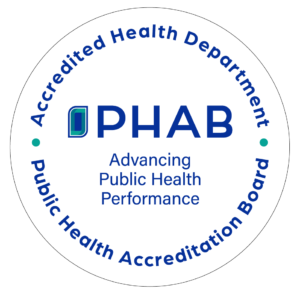Suicide risk factors, warning signs and protective factors…What you can do:
According to the Centers for Disease Control and Prevention (CDC), the risk factors for suicide are due to a combination of individual, relationship, community, and societal factors. Even though these characteristics are associated with suicide, they may not be direct causes. Examples are:
- Family history of suicide
- Family history of child maltreatment
- Previous suicide attempt(s)
- History of mental disorders, particularly clinical depression
- History of alcohol and substance abuse
- Feelings of hopelessness
- Impulsive or aggressive tendencies
- Cultural and religious beliefs (e.g., belief that suicide is noble resolution of a personal dilemma)
- Local epidemics of suicide
- Isolation, a feeling of being cut off from other people
- Barriers to accessing mental health treatment
- Loss (relational, social, work, or financial)
- Physical illness
- Easy access to lethal methods
- Unwillingness to seek help because of the stigma attached to mental health and substance abuse disorders or to suicidal thoughts
Some warning signs for suicide may include, threats or comments about killing themselves, also known as suicidal ideation, can begin with seemingly harmless thoughts like “I wish I wasn’t here” but can become more overt and dangerous, increased alcohol and drug use, aggressive behavior, social withdrawal from friends, family and the community, dramatic mood swings, talking, writing or thinking about death, and impulsive or reckless behavior. Suicide is preventable. Know the signs, find the words, and reach out to those who need a friend. Protective factors can help an individual turn away from suicidal thoughts or behaviors. Protective factors may include:
- Effective clinical care for mental, physical, and substance abuse disorders
- Easy access to a variety of clinical interventions and support for help seeking
- Family and community support (connectedness)
- Support from ongoing medical and mental health care relationships
- Skills in problem solving, conflict resolution, and nonviolent ways of handling disputes
- Cultural and religious beliefs that discourage suicide and support instincts for self-preservation
Check out these links below for more information about risk factors, warning sings, and prevention:
- Know the Signs: https://www.suicideispreventable.org/
- National Alliance on Mental Illness: https://www.nami.org/Learn-More/Mental-Health-Conditions/Related-Conditions/Risk-of-Suicide
- American Psychiatric Association: https://www.psychiatry.org/patients-families/suicide-prevention
Harford County Crisis Resources:
- For individuals experiencing a mental health or substance use emergency call the Klein Family Center at 1-800-NEXT-STEP or visit the 24/7 Crisis Center at 802 Baltimore Pike, Bel Air. If in immediate danger, call 9-1-1. Both Mobile Crisis and the Klein Family Center are fully operational during the holiday season and remain open during all but the most severe weather conditions. In the event of service interruption due to severe weather, call 9-1-1 and ask for a CIT officer or visit your nearest hospital Emergency Department.
- The National Suicide Hotline at 1-800-273-TALK (8255) is also available to offer support or resources 24/7/365.
- If you’re uncomfortable talking on the phone, you can also text “NAMI” to 741-741 to be contacted to a free, trained crisis counselor on the Crisis Text Line.
- If you or someone you know is in an immediate danger, call 911.
Maryland Crisis Resources:
- Maryland Crisis Connect Talk, Text, Type: https://www.mdcrisisconnect.org/
Other Resources:
Harford County Behavioral Health Crisis Response Resource Guide



